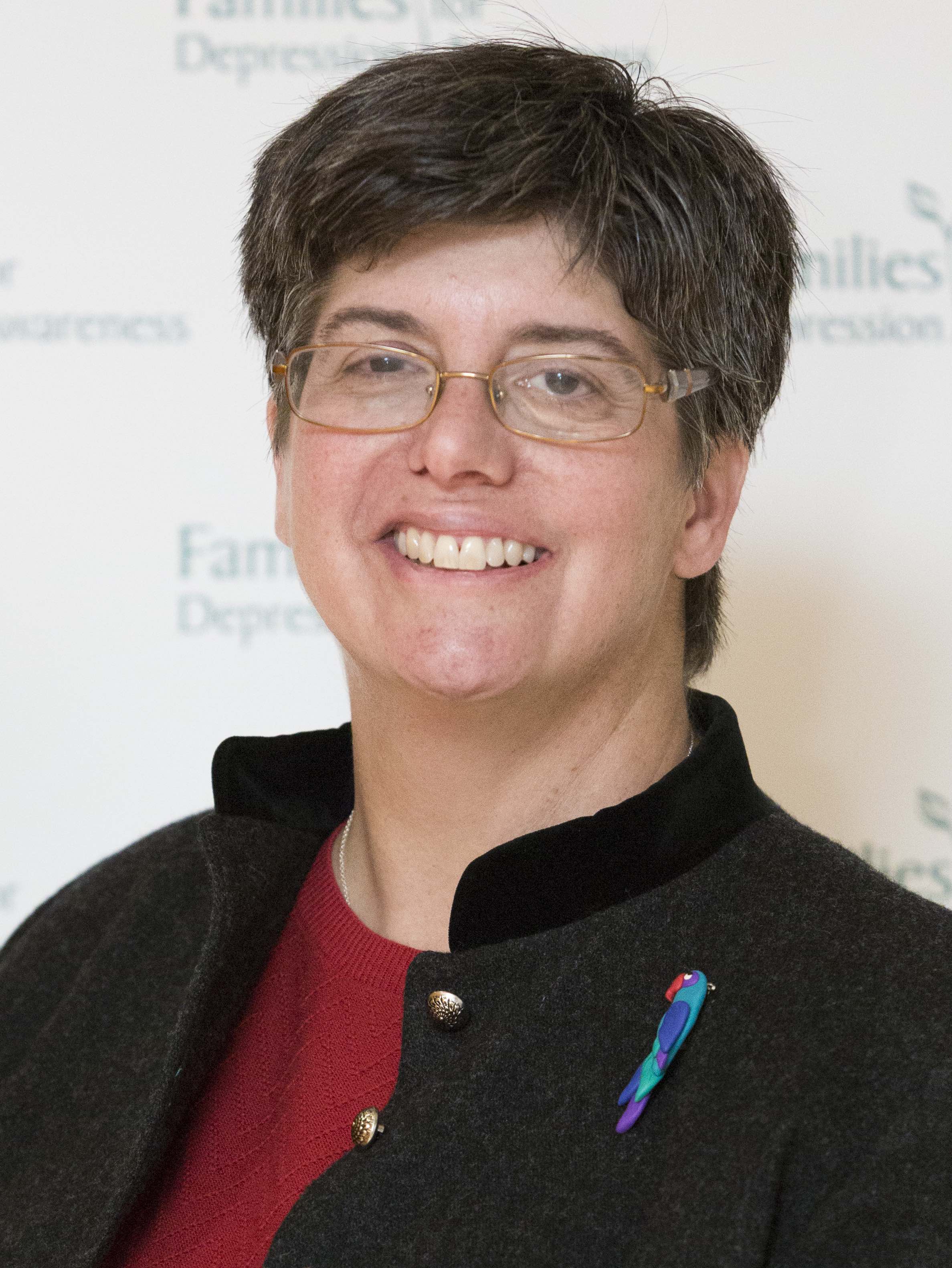
Caroline HeeJeon Gale
I am person with bipolar disorder and a suicide attempt survivor. Bipolar disorder has affected my family and me in many hard ways, but it has also encouraged my family to express how much we mean to each other, and how much I mean to them. I would not have made it through without their love and support, and I probably would not be here to tell my story if I hadn’t had the kind of individualized care I received from my county mental health system.
My family emigrated from Korea to the United States when I was 10 years old. As symptoms of my mood disorder surfaced within the next couple of years, my parents, whose primary language is Korean, had difficulty accessing resources in our community. They were supportive, but because of language barriers and unfamiliarity with the mental health care system, they had limited ability to act on their concerns and to help me. Without the aid of translators, my parents would be excluded from participating in my mental health care and treatment.
I was diagnosed with bipolar disorder when I was 12 years old. I was in a bad state of depression and had mood cycles. Some kids bullied me because of my behavior. I thought the school was going to kick me out because they considered me a behavioral problem. Even though I was getting support from my closest friends and family, I got to the point that I couldn’t go on. When I was 16, I attempted suicide. One of my sisters found me and took me to the hospital emergency department. I stayed in the hospital for three weeks. After I left, I had a bad two-week manic episode.
In addition to having a supportive family, I was very lucky that I lived in a place that cared about mental health. The hospital had referred me to the Fairfax County (VA) Community Services Board (CSB), the county’s mental health and substance use disorder agency. The CSB had a really good system: they got me in right away and were really caring. They connected me with a therapist and facilitated interactions with my school. The school went from believing that I had behavior problems to understanding that my episodes were related to my mental health state. The CSB helped me and my parents, together, to deal with both my mental health and school issues.
In Fairfax County, Korean is the third-most prevalent language. As a teenager, overwhelmed and struggling, I needed to have my parents’ support and participation in my mental health care. The CSB provided Korean-language translators during appointments and by phone so my parents learned about my mental health condition. They were able to be included while I was in treatment.
Several years later, I was experiencing severe episodes of depression and mania. I was hospitalized for a couple of weeks to get stabilized. Now, my mental health has been stable for more than two years. I don’t feel like I have to hide who I am. I’ve even written a book about living with bipolar disorder, titled “My Friend Bipolar.” I’ve gotten married and my husband is a wonderful support. By listening to me and caring about me, he helps me to remain stable. I would have missed so much if I hadn’t gotten the care and services I needed from the CSB.
At the CSB, there were caring people who were willing to work with me and my family, connect me with the services I need at a reduced price we could afford, tell us about the Patient Assistance Program (PAP) so I could get medicine for free or practically free, and help us fix things with the school. Including my parents meant that I had more support, which I believe led to a better quality of care and a better outcome. I think the CSB’s attention to me, really addressing the unique aspects of my situation and my family and working to include my parents, made a huge difference in my recovery and my life.
Note about the Community Services Board of Fairfax County, Virginia: Fairfax County, just outside of Washington, DC, has tremendous language diversity; at last count, 137 languages are spoken in the Fairfax County schools. According to Belinda Buescher, Communications Director for the Fairfax – Falls Church Community Services Board, the CSB is able to positively address the mental health needs of the community for several reasons: strong leadership from the county’s elected officials in making mental health a county-wide priority; the dedication of the CSB board members, whose policies reflect a commitment to those they serve; devotion of financial resources to the program; sensitivity to the cultures of the community; and cultivation of a network of local organizations that broaden the range and availability of services. One of the CSB’s core values is that “Individual dignity and human rights protection are at the center of the CSB service philosophy. Each individual is involved in developing service plans which address his/her needs and preferences.” The CSB is implementing integrated care at the new Merrifield Center, bringing together their services with the county’s primary care and dental health services, homeless services, peer support specialists, and more.
Your Turn
- In what ways do you think Caroline’s experience would be different if she lived in your community?
- What can you do to improve the quality and quantity of services available in your local area?
- Where does leadership on person-centric care and community mental health need to come from, and why?
Bio
Caroline HeeJeon Gale lives in Maryland with her husband and is the author of “My Friend Bipolar.” Learn more at www.myfriendbipolar.com









Connect With Us